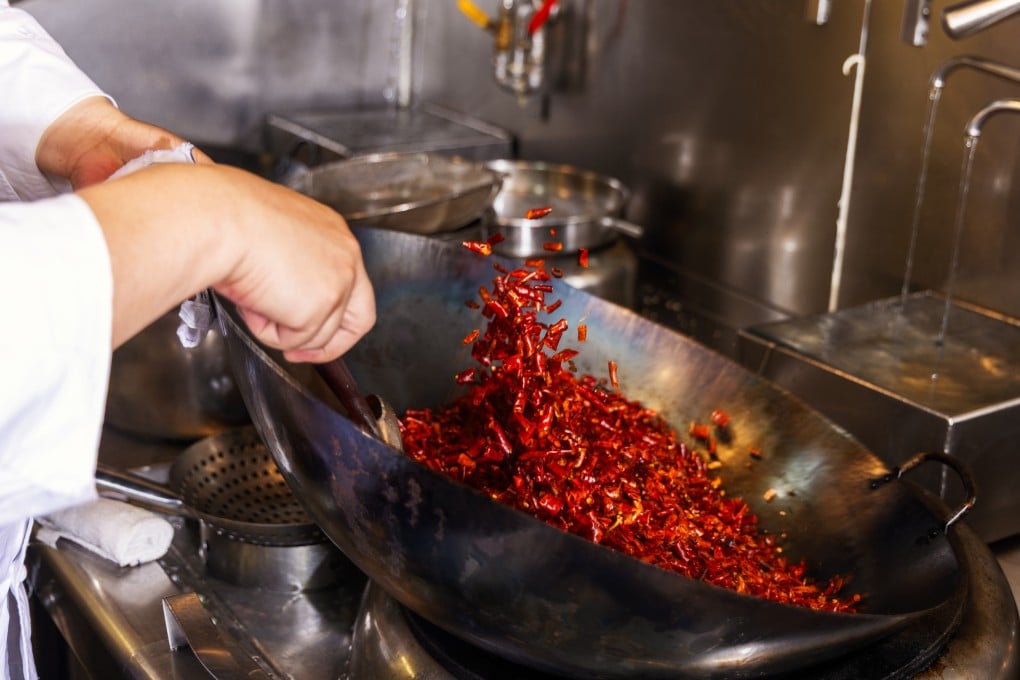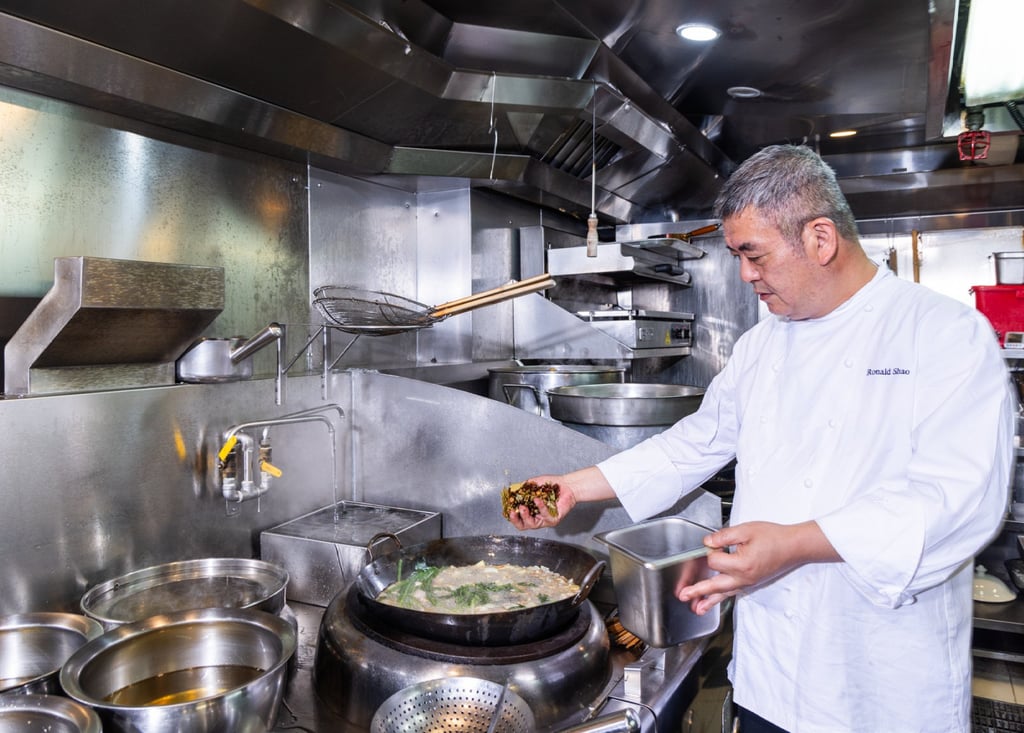Over Momofuku? How to make spicy chilli oil at home, according to 2 Hong Kong chefs
- The humble condiment is so popular everywhere that Momofuku’s David Chang had to withdraw his trademark request and apologise
- There’s more than one way of creating the perfect chilli oil – as we hear from Mian’s Ronald Shao and ArChan Chan at Ho Lee Fook in Hong Kong

Chilli oil took the heat early this year when David Chang, of Momofuku fame, sent a cease-and-desist Dto two brands of chilli oil producers as he attempted to trademark his “chilli crunch” product.
The trademark request quickly turned sour, burnt out, and eventually Chang walked back his trademark attempt and apologised.
But what makes such a humble condiment – found on tables everywhere in Hong Kong, from Michelin-starred venues to cha chaan tengs – so important that an American food mogul would seek to seize a part of the market?

Ronald Shao, executive chef at Mian, at The Murray, has been making chilli oil for decades. He reveals that the prevalence of chillies in certain regional cuisines is due to the fact that, according to traditional Chinese medicine, they help exorcise excessive moisture from the body.
“[That explains] the frequency of seeing spicy food in cuisines from Sichuan, Guizhou, Shaanxi and Hunan – their humid climates require different forms of chillies in their daily meals,” he says.
Shao has developed his own personal chilli oil recipe, a variation of youlazi, the Sichuan version that leaves a layer of chilli sediment in the oil. This contrasts with the plain chilli oil often used by Teochew-style fishball noodle vendors or XO sauce, where heat is an add-on element for the umami-rich seafood-based condiment.
The process for creating Shao’s recipe is not as complicated as one may think, but it is full of crucial steps. Key points include using rapeseed oil as the base as it features little flavour of its own to confound the pure taste of the chillies, skipping garlic (unlike Momofuku) which would “take over and steal the show”, and the addition of a high proof sorghum spirit into the spice mix to ensure the extra spices used don’t burn in the oil.

